A Breakfast Trail through Lucknow

Jalebis for breakfast and paan made with malaai; Lucknow takes its food seriously, and breakfast is no exception.
It is a ritual now; stopping by the halwai shop even before we get home. It helps that the arrival of the train is perfectly timed with the opening of the shop, ensuring the first of many visits before we even walk through our own front door. That is the thing about Lucknow: you cannot enter the city without thinking about food.
A pot-bellied gent creates perfect swirls of batter in piping hot ghee. He first fills the lota, a stainless steel pot, with fermented batter, and then swirls the batter over the smoking ghee in little circles. The roundels connect with each other like Os in cursive writing, forming neat rows in the kadhai. He then turns them over carefully, one after another. In a few minutes, the white batter has turned into beautiful golden discs, that are promptly dunked into the sugar syrup resting nearby. How long they stay there depends on how sweet and soft you want them to be. I like mine less sweet and more crisp, and so they are taken out quickly.
Growing up a vegetarian in Lucknow, I was far removed from the sophisticated culinary world of the city. Our lives were centred around feasts made at home by my grandmother, and snacks adapted to a middle-class, small-town household by my mother. The only exception to this rule was Sunday breakfast—the only day our family ate together. This was also the day when we were treated to ‘outside food’, mostly things that could not be reproduced in home kitchens. And dahi-jalebi was one of them.
Ask anyone from Uttar Pradesh what her preferred breakfast is, and 9 out of 10 will tell you, dahi-jalebi-khasta. While most cities eat their jalebis in the evening, a true blue UPite will not eat jalebis at any other time of day besides breakfast. What do we eat in the evenings, then? Well, that is another story altogether.
It was these Sundays I looked forward to: we were treated to jalebis; khasta came along too. The jalebis were always eaten with fresh curd, also purchased from the sweetshop. The tartness of yogurt cut through the sweetness of jalebi; creaminess complemented by crispiness. When the jalebis became too cloying, we took a bite of khasta; when the spice of the khasta became unbearable, there was always a jalebi on hand.
So, when I was plucked out of my small-town-life, and its sweet, syrupy Sundays, to a city where jalebi for breakfast was unheard of, I was broken hearted. But it made those jalebi visits to Lucknow every bit more special. And every time I returned, I would go exploring new places. This, of course, only after a plate of dahi-jalebi-khasta.
In the course of the last 15 years, I have discovered the beauty, and the variety of the breakfast in Lucknow – and the order in which you should eat it.
It always starts with tea.
No conversation about breakfast in India can begin without tea, and Lucknow is no exception. The tea here is always accompanied by a big fat bun. And sometimes, samosa too. Eating the samosa with bun and milky tea is how any breakfast trail in Lucknow ought to begin.
Sharma Tea Stall at the corner of a dilapidated Victorian building, the kind you find at every crossing in the old city. Young students, elderly morning walkers, families on vacation; travellers, tourists, all jostle for space in the corridors as early as 7 AM. Waiters pay them no heed. Everyone wants one thing: the chai-bun-makkhan-samosa combo. If you are lucky, you may get yours in 10 minutes, if not, it could take up to 45, but no one seems to mind. Lucknow has all the time in the world to wait for its food. Buns come slathered with butter; tea is thick and sweet, and the samosa fat and round. Unlike any other in the city, the samosas are laden with green chilli; amchoor, cumin, and coriander add flavour. Mild enough for morning tea, and strong enough to awaken your taste buds. Eating more than one is normal, but not giving into the temptation is imperative, for breakfast has only just begun.
Commonly called khasta, the kachauris in Lucknow are a breakfast staple. Some come with potatoes, some are served with boiled peas; some are fluffy, few are flat. While the classic fat and flaky khastas remain an all-time favourite, the thinner ones have their own beauty. It helps that the most popular khasta shop is not very far from Sharma Ji’s tea stall.
Long queues greet you outside every khasta shop in the morning. At Bajpayee Kachauri Bhandaar however, the lines remain through the day. Set up in 1970s by a humble atta chakki worker, this shop is the next stop on the breakfast trail. The kachauris at Bajpayee’s are best eaten fresh off the kadhai with burning fingertips and a scalding tongue. Have it cold and you’ll be chewing forever. Veterans consider it one of the best things to eat in Lucknow; outsiders love it for its texture and spice. Served with sliced onions and pickle, the kachauris come with dry potatoes. Spicy, almost black in colour with a coarse masala, the potatoes lend the kachauri their distinct taste, flavour, and heat.
Legend has it that when one of the Nawabs banished paan from his court, the city went into a tizzy: how could a Lakhnavi not have his paan? That is when a sweet maker decided to make a different kind of paan. Because the shop credited with the invention happens to be right opposite Bajpayee Ji’s stall, it is only fair that we taste their paan before moving on.
Photo credit: Fondekar
Made with malai, the thick layer of fat that sets over cooked milk, the paan here is actually mithai. Filled with nuts and rolled in the shape of a gilori, the delicate sweet, covered in a layer of silver varq, is the epitome of Lakhnavi craftsmanship and culinary skill. Hold it too long and it will disintegrate, eat it too quick and you would miss the nuances. “At one time, bringing malai paan for someone was considered a mark of ultimate love and respect,” an elderly gentleman tells me when I ask for my portion — just one. “You should carry some for your family and friends too,” he smiles. Carrying the paan beyond a few kilometres within the city is not the best idea though. The delicate nature of the sweet demands care, and carrying it over long distances can ruin its texture and form. In that sense, malai paan is a metaphor for the breakfast of Lucknow —you cannot enjoy it without going the distance for it. I was lucky to do both.
Anubhuti Krishna is a writer based in New Delhi. Passionate about travelling and eating, she finds ways to combine the two. Her work has been featured in major dailies and monthlies. She hopes someday it will find home in a book.
ALSO ON THE GOYA JOURNAL



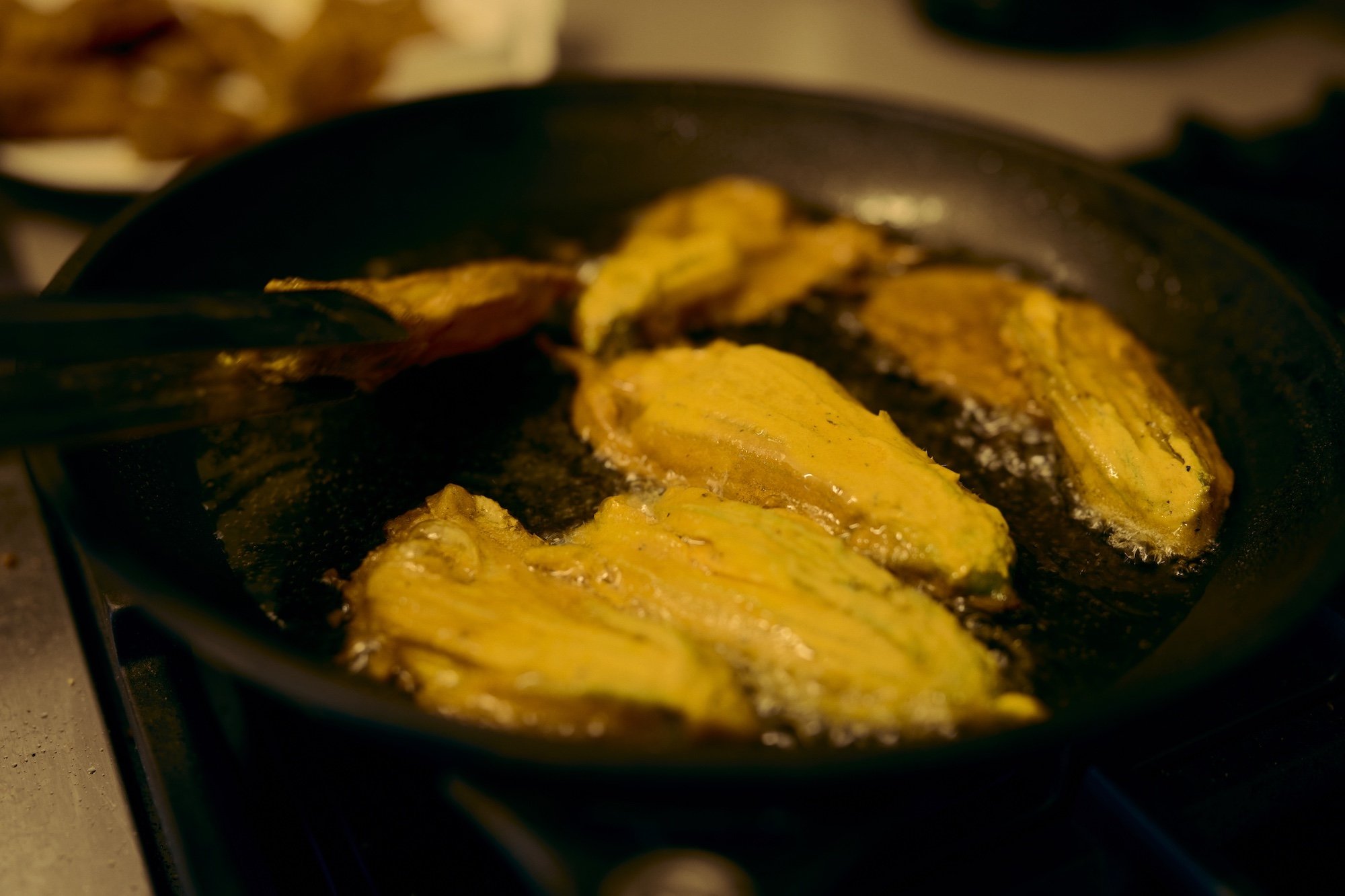
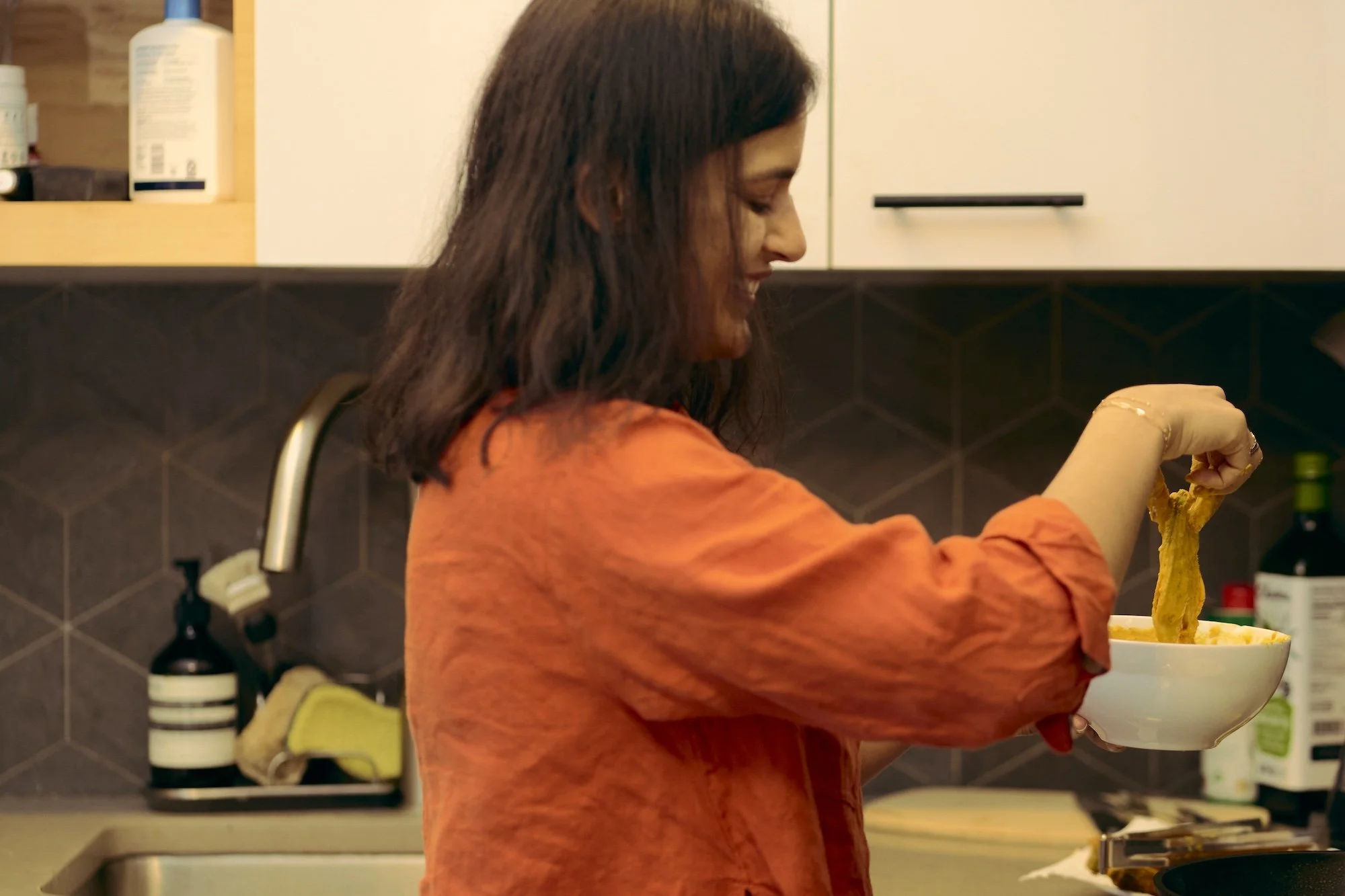
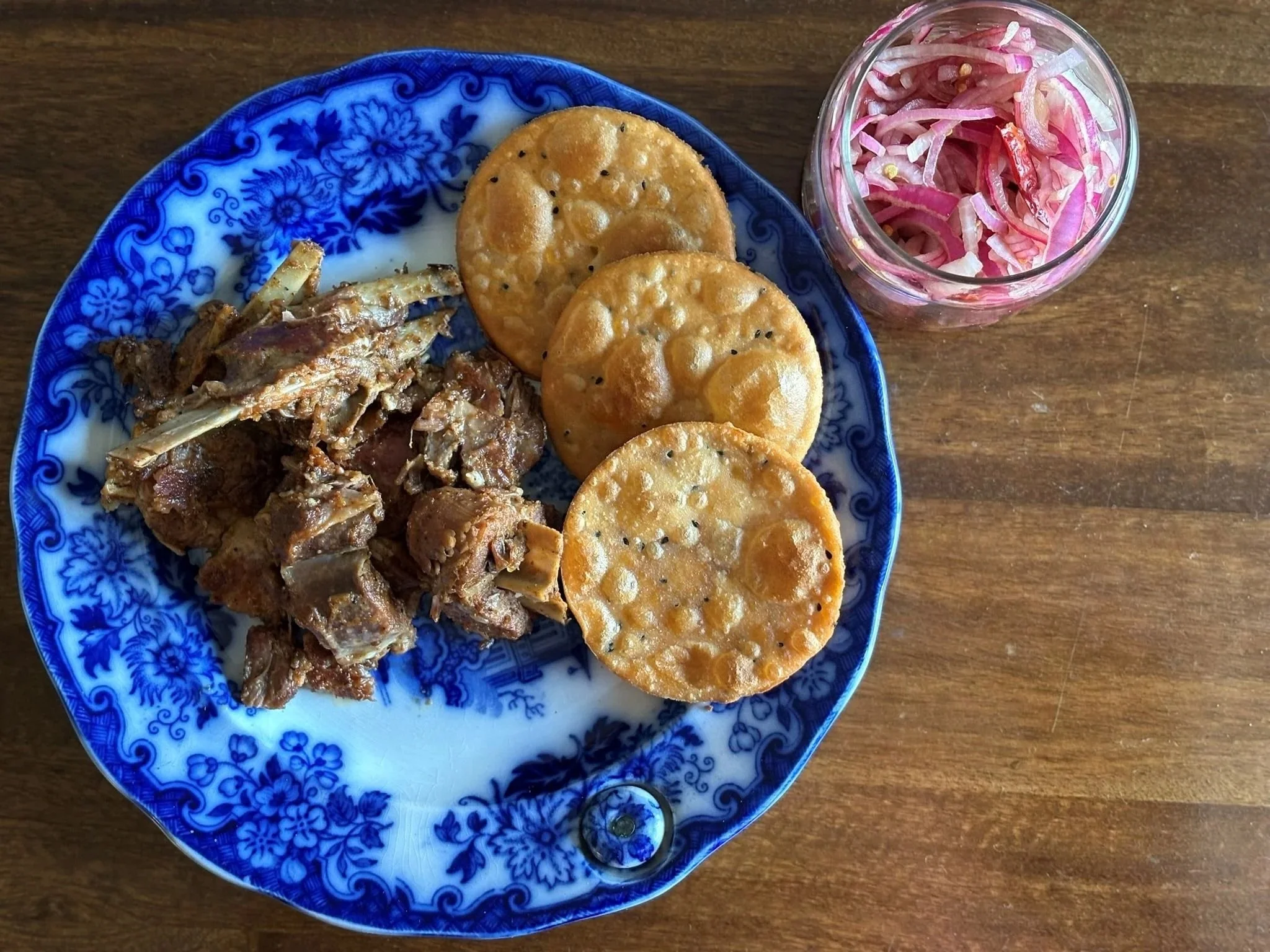
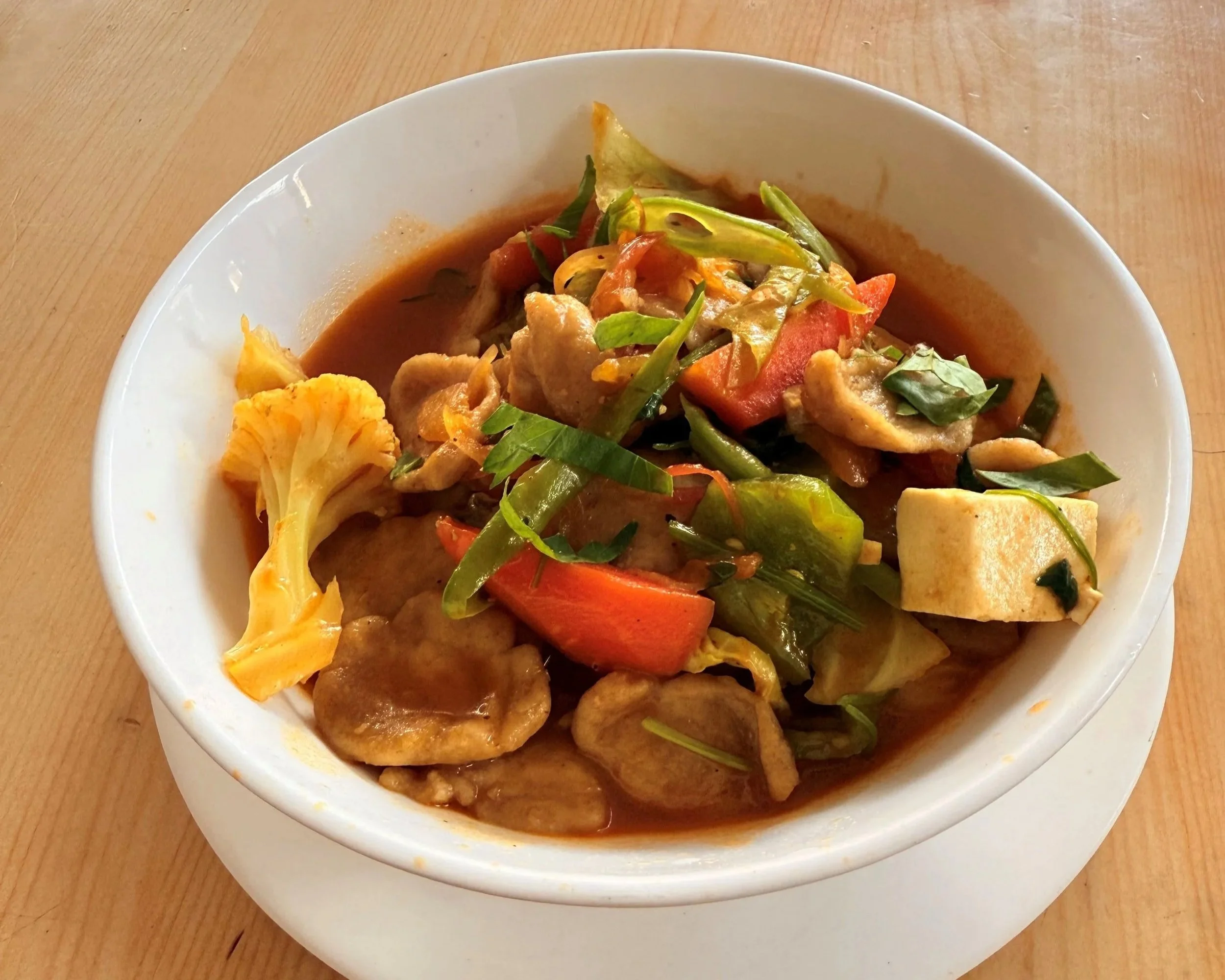
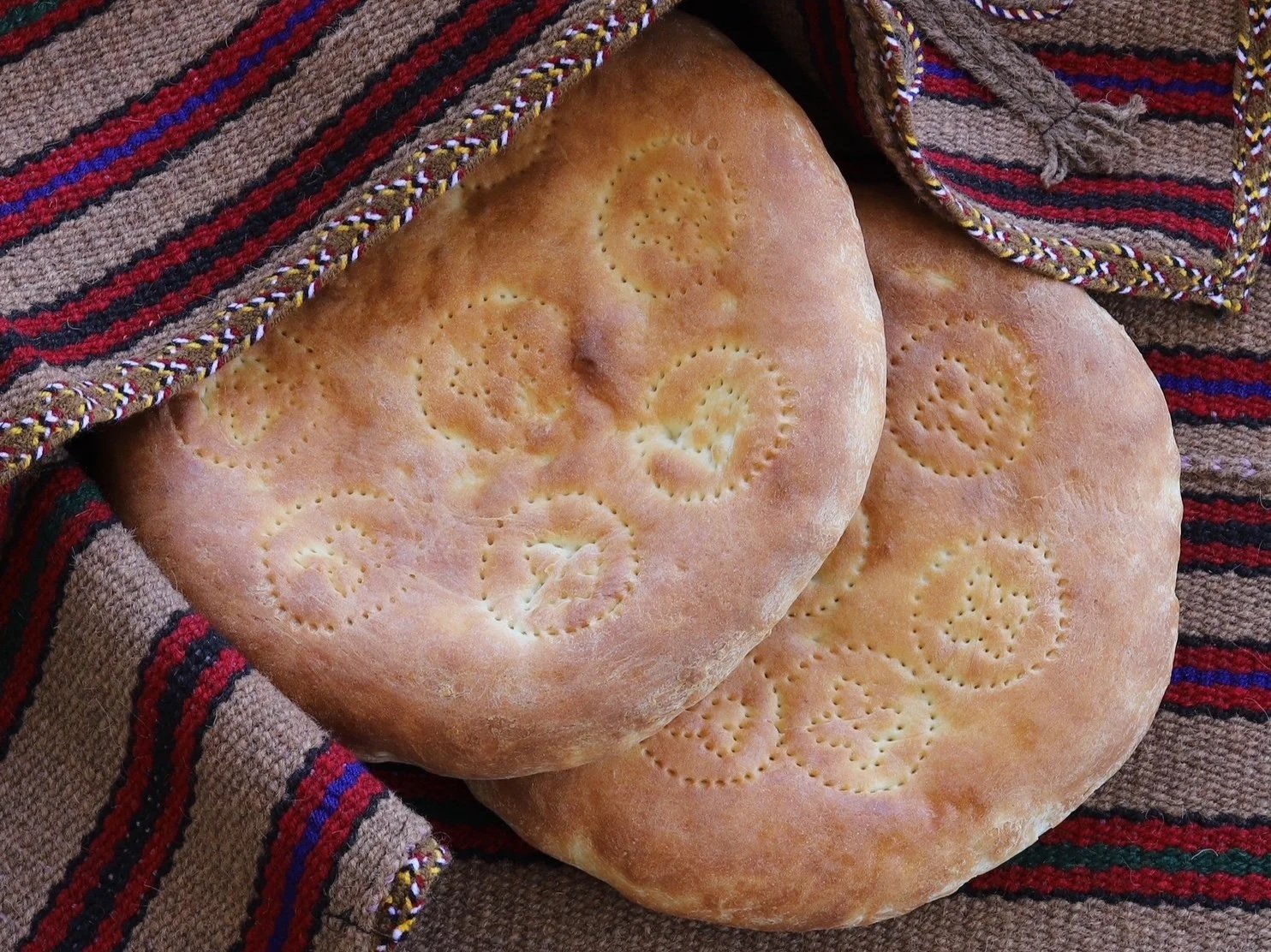
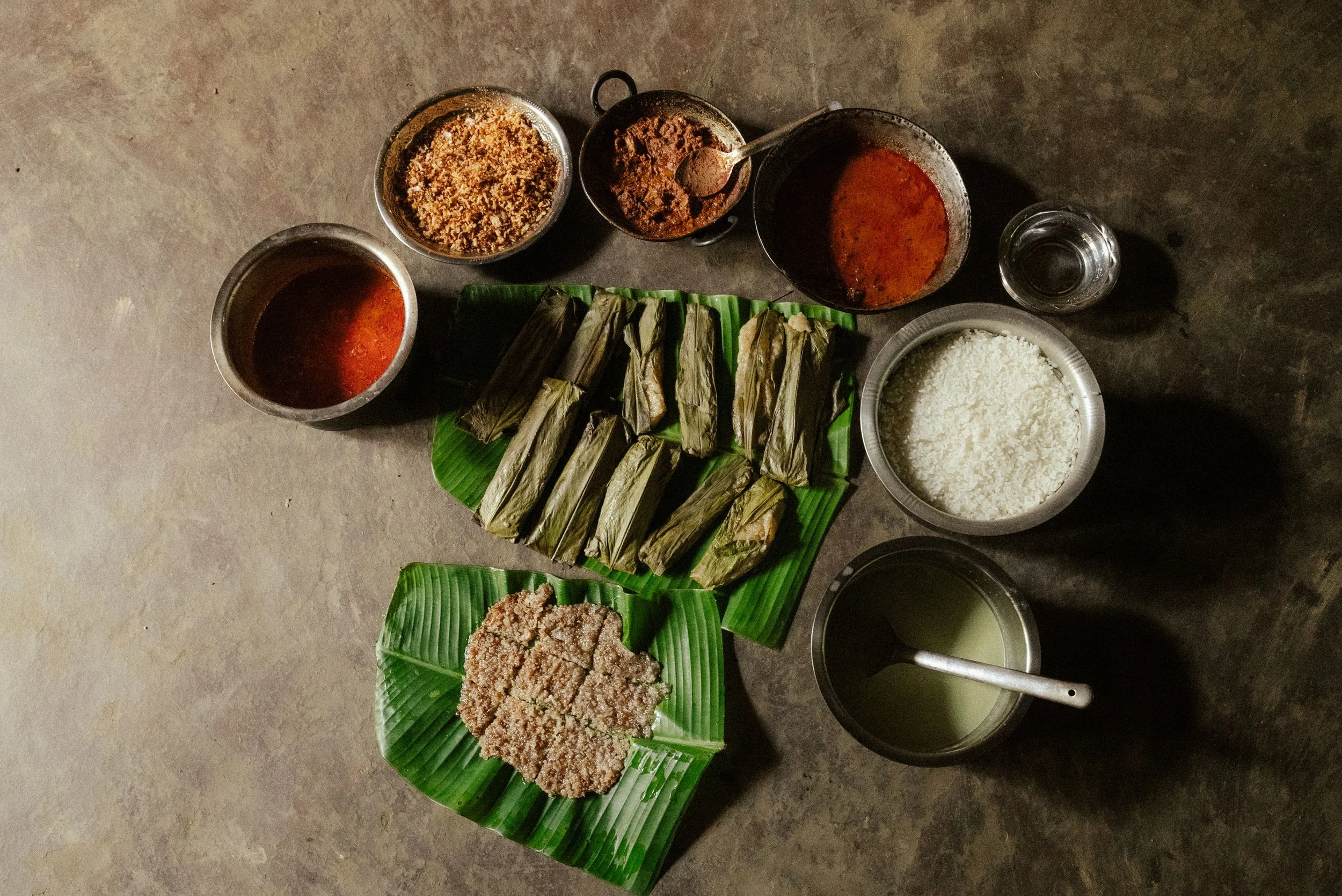
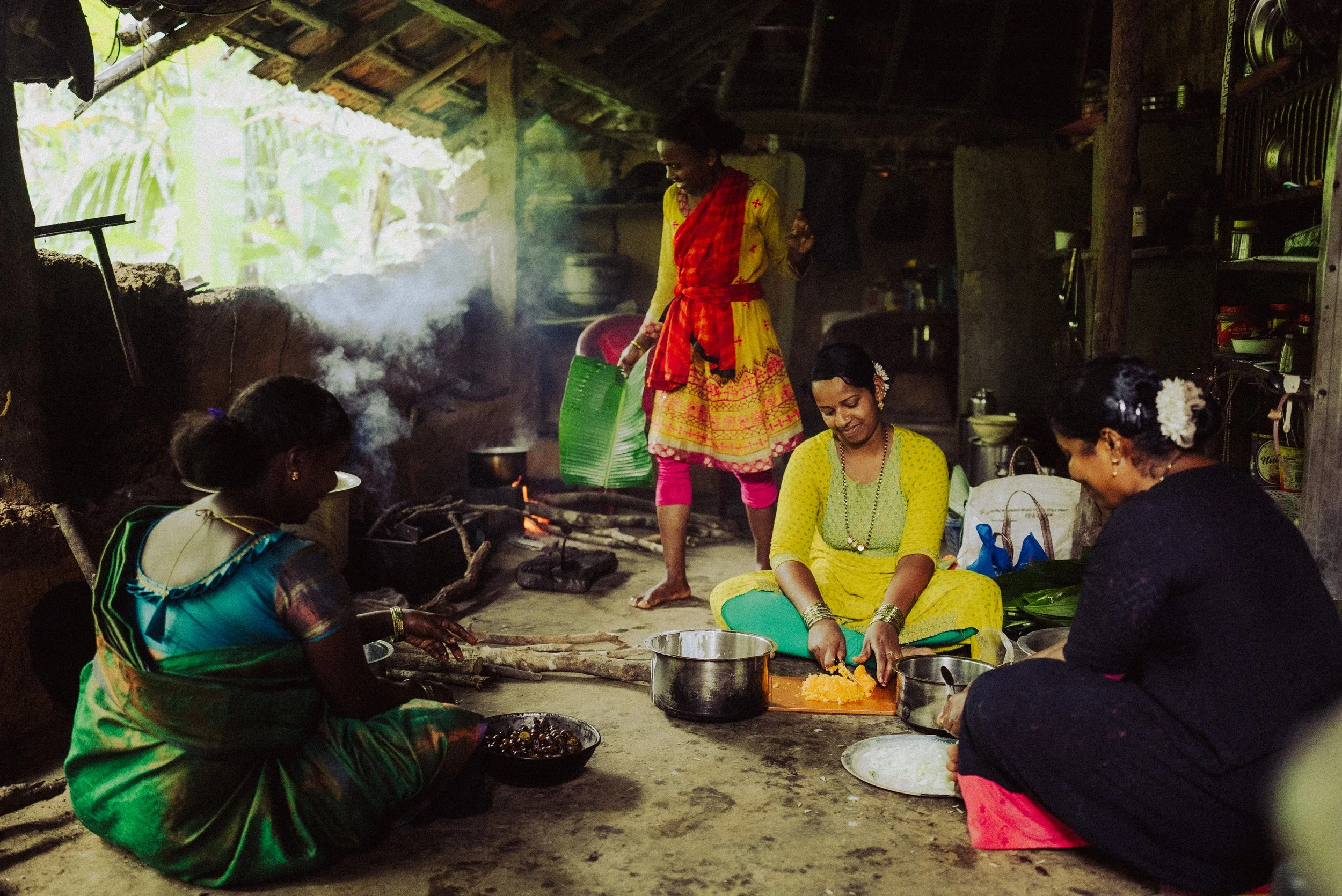
Neo-nomad cuisine of Central Asia | Terrence Manne